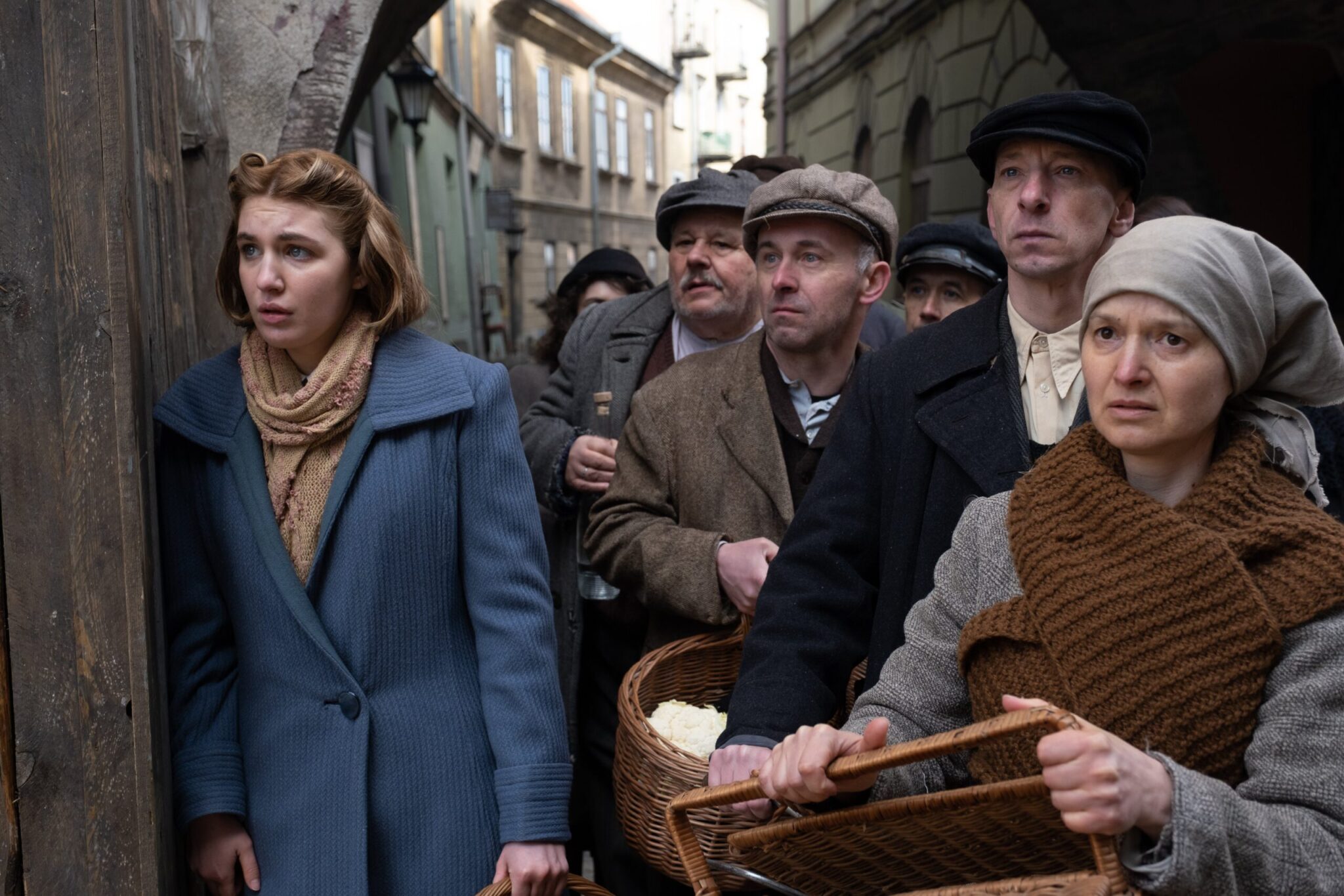Vincent Cassel made a splash with English-language movie fans in?Ocean’s Twelve?in 2005, while his Australian?Partisan?director broke through with an absurdist love story at the 2010 Sundance Film Festival. Now, the two of them have teamed up to deliver a haunting tale of obsession and love in their film about a young boy growing up under the tutelage of a cultic leader.
Gregori (Cassel) ‘rescues’ hurting women and their children from life situations that are only hinted at within the context of the film. He brings them along slowly, showering them with love and gifts, while introducing them to his expectations and harsh rules. Over time, these children will become his little assassins, taking out targets all over the city that they live near.
One young man, eleven-year-old Alexander (Jeremy Chabriel) begins to grow dissatisfied with his surroundings and Gregori’s instructions, as his mother prepares to give birth to another son. With doubts about his ‘father’s’ goodness swirling around him, and a friend’s mysterious disappearance, Alexander begins to push back against the cult leader, creating a swelling threat of violence between them.
The audience can see that Alexander owes much of his health and wellbeing to Gregori, but we also shudder when the children execute their targets. We understand the need for order within the community, but this strange man has how many wives? We know that there is something amiss within the compound (even without the murders) and that there is something about Alexander that just won’t let the trouble go.
Kleiman’s pacing threatens to drag at times, but somehow never does. Maybe it’s the fury smoldering in Cassel, or maybe it’s because we want this child to grow into the role he seems destined: that of savior for these people. It’s truly incredible to see how people can delude themselves that something is “okay” when their reality is troubled – given an alternative, would these women stay? Alexander knows there is something better, and he’s willing to strive for it.
When we question our surroundings, and recognize that we’re made for something better (created in the image of God), we see our surroundings differently. When we acknowledge that we’re not accepting our past as appropriate or just and choose to change, we see a need to change our present. This is where we find Alexander midway through the film – a child choosing to step up and change.





